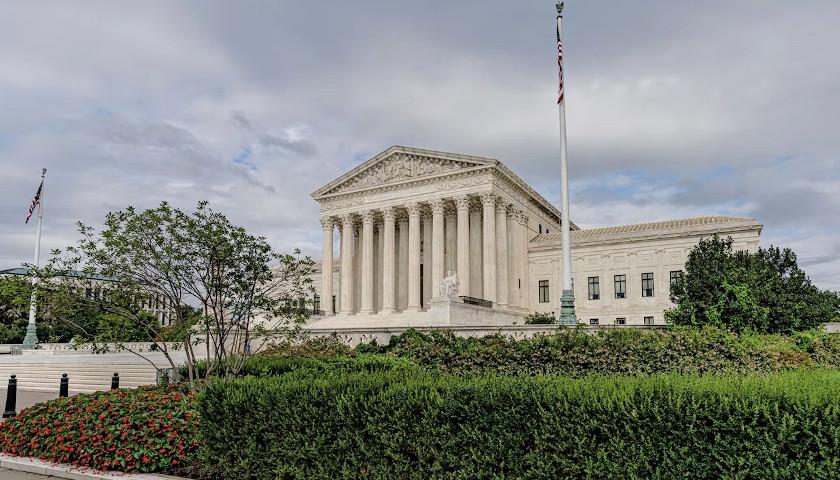by Eric Lendrum
The controversial business practice known as “diversity, equity, and inclusion” (DEI) could soon see its legal challenges take it all the way to the Supreme Court.
According to Axios, the case that could spark Supreme Court action was filed by the same group that successfully saw the practice of affirmative action overturned by the court last year. The current case saw an appeals court ultimately rule that a venture capital firm had to shut down its grant program that was exclusively for black women.
The American Alliance for Equal Rights (AAER) filed a lawsuit against Fearless Fund in 2023, arguing that the black-only and women-only grant program was discriminatory. The group initially tried to have the program halted while the case played out in the courts, but a district judge ruled in favor of the company and allowed the program to continue.
Then, on Monday, a three-judge panel in the U.S. Court of Appeals for the 11th Circuit overturned the district judge’s ruling, thus ordering Fearless Fund to cease its grant program. The two judges in the majority were appointed by former President Donald Trump, while the lone dissenter was an Obama appointee.
The appeals court’s ruling noted that the challenge by AAER “is likely to succeed on the merits” of its claims that the program is a violation of civil rights and anti-discrimination laws. As a result of this ruling, there is now a “circuit split” on the matter, increasing the likelihood that the subsequent challenge by Fearless Fund will ultimately lead to the Supreme Court for a final decision.
Similar cases against DEI programs have faced more difficult challenges. In March, a lawsuit was filed against Pfizer over its fellowship program that only applied to black, Hispanic, or Native American applicants. But the U.S. Court of Appeals for the Second Circuit ruled against the plaintiffs, an advocacy group called Do No Harm, arguing that they lacked standing to sue.
DEI has long been criticized as not only discriminatory, but a means by which companies may hire people who are unqualified for certain positions, overlooking qualified and competent candidates in favor of diversity picks. Challenges against such programs have increased following the decision last year in Students for Fair Admissions v. Harvard, the case which ultimately saw affirmative action declared unconstitutional nationwide.
– – –
Eric Lendrum reports for American Greatness.




